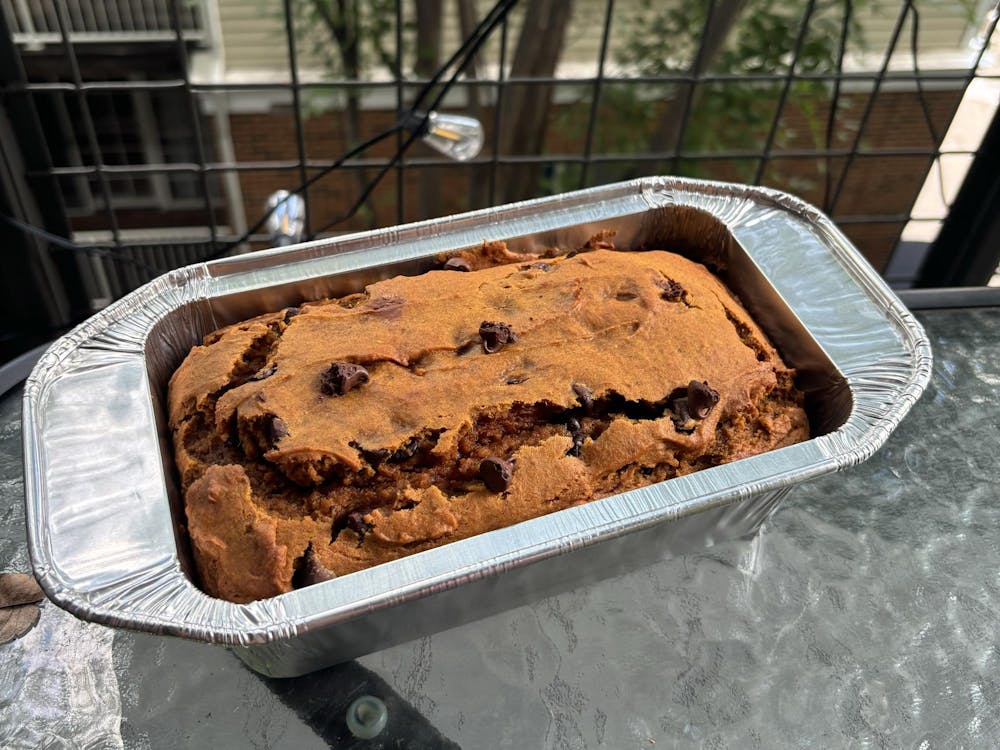The school year has come and gone, and yet I still find myself in Charlottesville. The muggy ennui of summer in a deserted college town has set in. All my friends are off having marvelous adventures, prancing across the globe on fellowships and scholarships and cruise ships, meeting new people and bathing in waterfalls, drinking wine and pretending they like art. I’m jealous — I recently posted an Instagram from 1515 and deliriously tagged the location as Ibiza. Though the post garnered a few confused comments, the fact remains the only pill I took this week was a Claritin, because Central Virginia is caked in pollen right now.
Yet my time will come soon enough. In three months, I will set off on my own marvelous adventure — to Italy, ground zero for drinking wine and pretending to like art. I will spend the semester in Siena, a small town nestled in the Tuscan countryside. I will eat delicious food. The European girls will love my accent. I will wear much, much tighter clothes.
My biggest problem, however, is that I don’t know any Italian. I’ve tried to give myself a little bit of a head start by practicing through an online language learning app called Duolingo. My hope is I’ll touch down in Rome and at least be able to ask the airport customs officer where the men’s room is, where the taxis line up and whether or not Berlusconi was nearly as bad as Trump. And as for the short term, I’d like to be able to understand enough so I can browse the high-end boutique websites and try to scout out a good pair of black leather pants ahead of time. (If I get really good, I’ll be able to browse the tight-black-leather-clothing online forums, but that’s advanced stuff. I don’t know if Duolingo ever really gets you to that level of fluency.)
The way Duolingo works is fairly simple — each lesson starts by teaching you a handful of nouns, then the app gives you a sentence and you translate it to English. If you get it wrong, you do it again. The grammatical sentences are computer generated, using the nouns the app knows you’ve already learned.
“Lo bevo il vino,” begins one lesson — “I drink the wine.” Then “Lei compra le gonna” — “she buys the skirt.” Easy enough. Yet my limited knowledge of the language means the pool of nouns the app can pull from is small. I work frantically to memorize phrases like “Il cuoco cocina” — “the cook cooks.” Some of the phrases are comical in their inanity — “L’orso ho il nostro burro,” I repeat back to the computer, meaning, of course, “the bear has our butter.” Some are startling for their strange, illogical, computerized profundity — “La balena beve l’acqua,” I say to myself before pausing — the whale drinks the water? (That one kept me awake at night.) Still others are devoid of the nuance of idiom in such a beautiful, cosmic way that you feel as though you’re being played — “Il ragazzo taglia il fromaggio,” I repeat to myself as I learn about food. “Il ragazzo taglia il fromaggio” — the boy cuts the cheese.
Ever since I started Duolingo, my friends’ glorious social media posts don’t make me quite so jealous. I merely picture my own future, every day becoming more and more fleshed out in my mind. I will stroll through the galleries of Florence, a glass of local red in my hand, leather trousers squeaking faintly with every step. A beautiful European girl will lean over and ask me what I think of the Botticelli on the wall, and I, in a hushed voice, will reply, “Mi donna, una fragola è nei miei guanti.” Later on she’ll ask her friends what it means that there was a strawberry in my gloves, and they won’t know, but the mystery will only make my gentle American accent all the more alluring.





